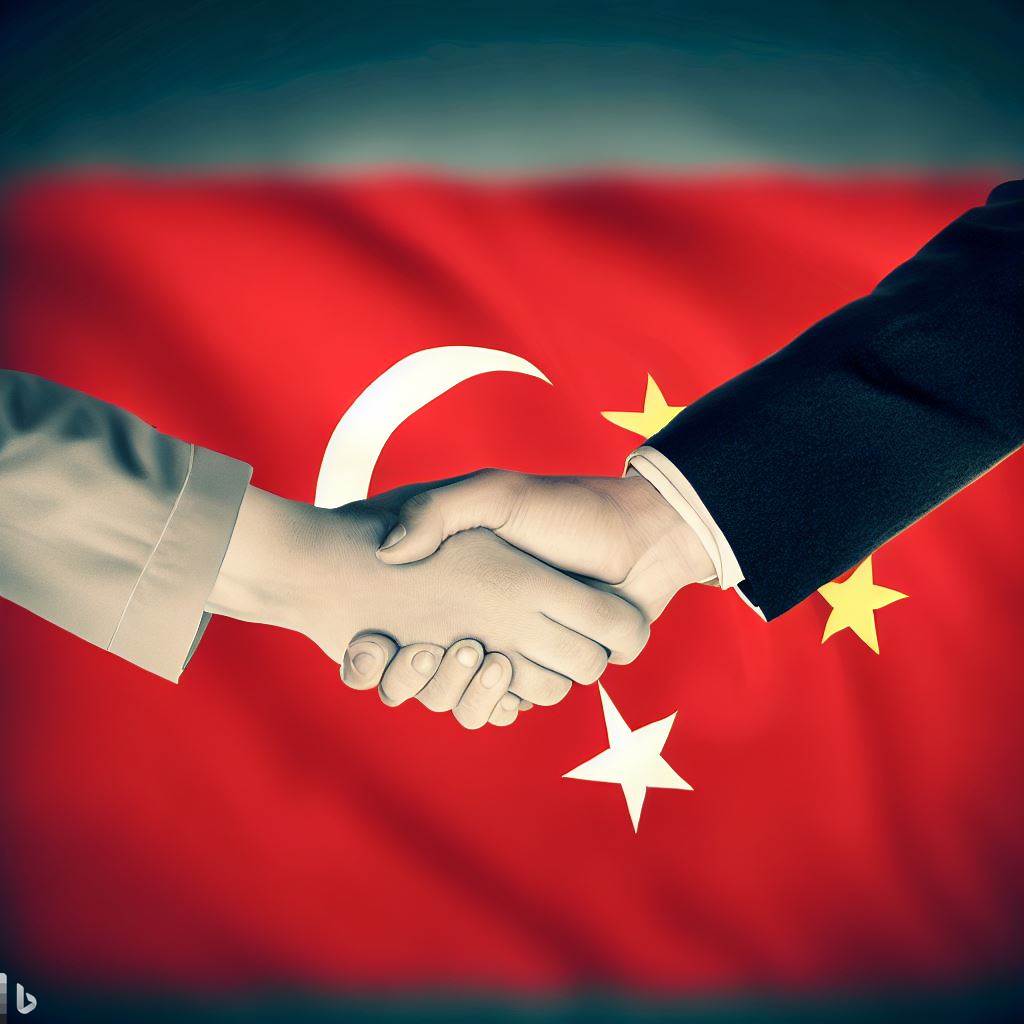In this chapter, we will focus on one of the most difficult periods in the relationship between China and Türkiye: the period from the early 20th century to the early 1970s. During this period, the two countries attempted to establish diplomatic relations on several occasions, but they were unsuccessful due to a number of factors, including a lack of understanding, differences in approaches, and political instability.
The Struggle to Establish Diplomatic Relations Between China and Turkey: A Historical Account
China and Turkey share a long history of cultural exchange and a mutual interest in each other’s affairs. However, the establishment of diplomatic relations between these two countries was not an easy process. In this article, we provide a historical account of the struggle to establish diplomatic relations between China and Turkey.

During the preparatory period, both countries attempted to sign a treaty of amity and commerce several times, but they failed due to a lack of understanding and differences in their approaches. For instance, in 1925, Turkey proposed a treaty that included a most-favored-nation clause, which China opposed. Similarly, in 1926, Yang Zengxin, the provincial governor of Xinjiang, strongly opposed the signing of a treaty between China and Turkey, as he believed it would promote pan-Islamism, which Turkey had abandoned at that time.
In 1929, the expiration of the commercial agreement signed between Turkey and the countries of the Lausanne conference coincided with the global economic depression, leading many countries to adopt trade protectionism. Turkey hoped to change the principles of the trade treaty, while China was unaware of the situation in Turkey and submitted a draft treaty that still adopted the old principles. As a result, the Turkish government only agreed to sign a friendship treaty, while the Chinese government wanted to sign a treaty of friendship and trade at the same time, leading to the failure to sign either treaty.
In 1930, Turkey dispatched Ahmed Hulûsi Fuad Tugay as the charge d’affaires to China to understand the situation in the country. However, the Chinese government insisted on signing friendship and trade treaties at the same time, leading to the failure to reach an agreement. The Turkish government subsequently recalled Ahmed Hulûsi Fuad Tugay.
In 1933, Wang Jiazhen and Tevfik Rüştü Aras discussed the establishment of diplomatic relations. However, Wang stated that he was not authorized by the government to decide on this matter. In 1934, Hu Shize was authorized by the Chinese government to propose the signing of a treaty to the Turkish Ambassador to Switzerland, but Turkey did not respond to this proposal.
Despite these challenges, both countries were willing to establish diplomatic relations, and they signed a treaty of friendship and cooperation in 1971. Today, China and Turkey have a dynamic and evolving relationship that is mutually beneficial. By understanding each other’s perspectives and working together, China and Turkey can continue to build a bright future for themselves and for the world.
